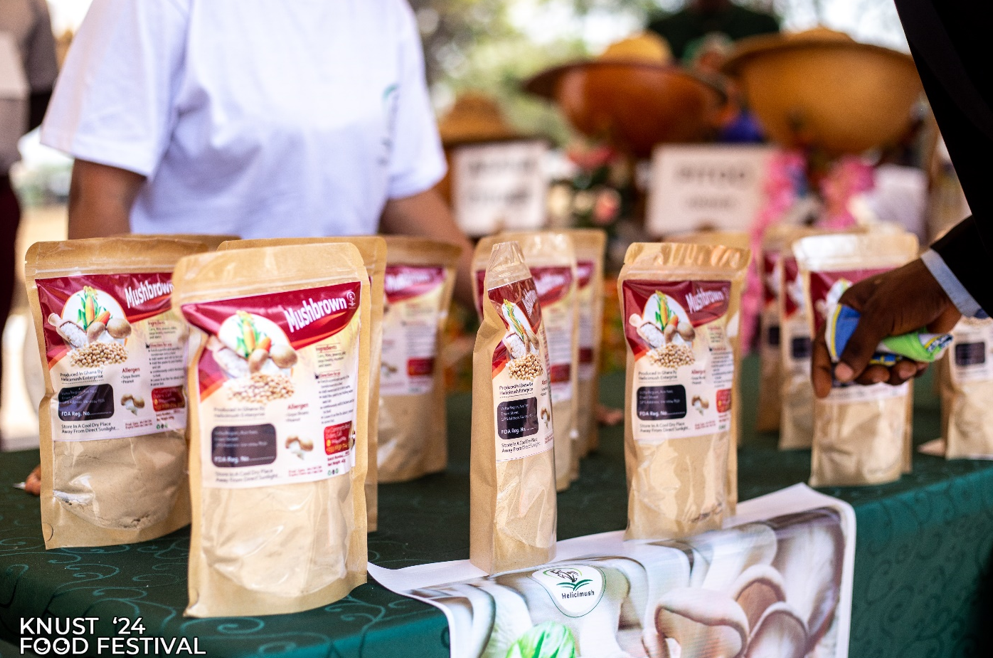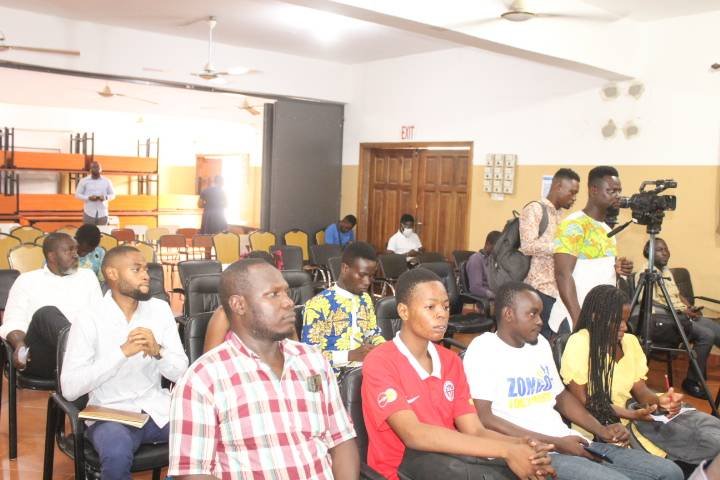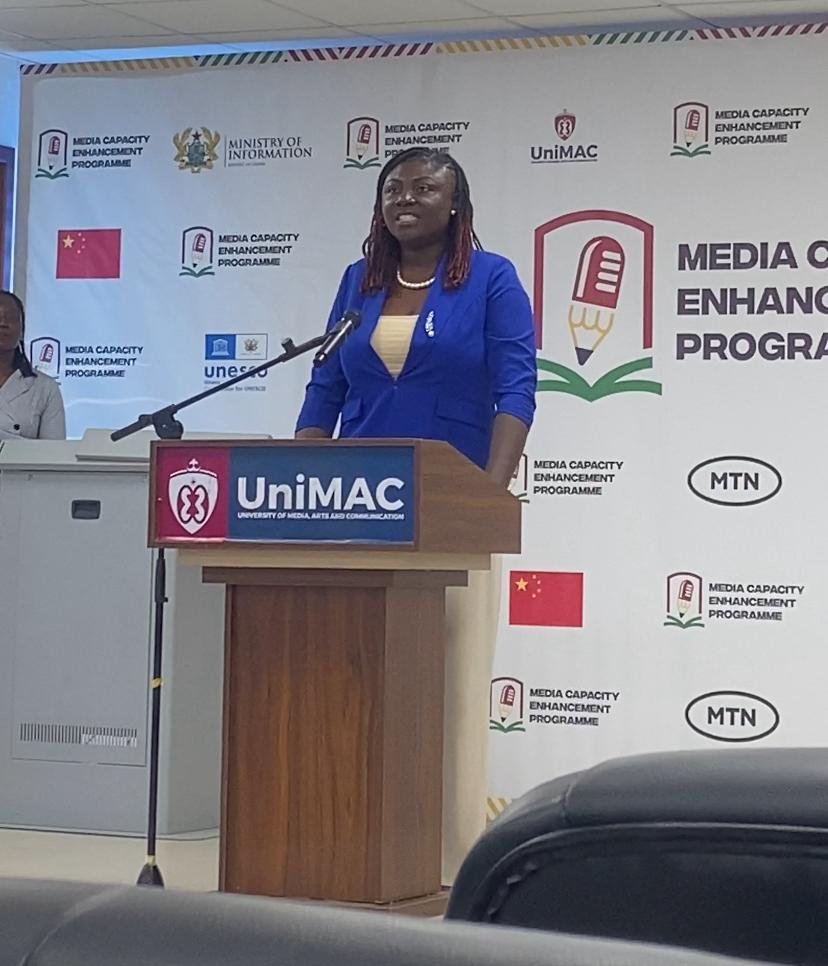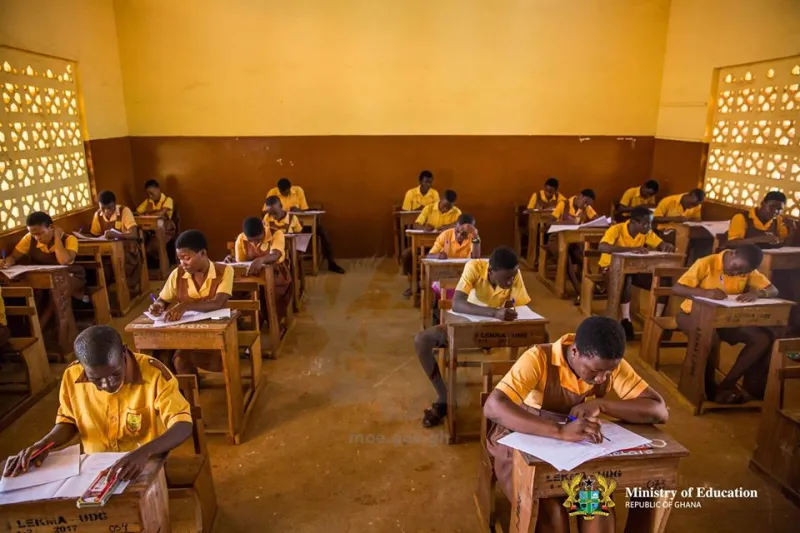
By Juliet ETEFE ([email protected])
Global and African leaders have urged renewed investments in inclusive and robust data systems to accelerate Africa’s transformation, warning that without urgent action inequity, climate risks and weak accountability will continue to stall progress.
This call came at the Pre-Global Data Festival High-Level Meeting in Accra that gathered senior officials from Ghana, Kenya, Colombia, the United Nations and Global Partnership for Sustainable Development Data as part of preparations for the 2026 Global Data Festival in Nairobi.
In his address, United Nations Resident Coordinator in Ghana Zia Choudhury underscored the urgency of investing in data as a driver of resilience and growth.
“Data is no longer optional; it is central to saving lives, driving results and building a resilient future,” Mr. Choudhury said.
Citing a Dalberg analysis, he said: “Every US$1 invested in data systems yields a US$32 return,” making renewed investment not just urgent but cost-effective.
He said progress toward the 2030 Sustainable Development Goals (SDGs) is lagging with only 15 percent of global targets on track, while noting that investments in stronger data systems unlock smarter policies, more accountable governance and faster progress on the SDGs.
Mr. Choudhury commended Ghana’s remarkable leadership in the ecosystem to strengthen transparency, policy relevance and sustainable development.
Inclusion
Dr. Claire Melamed, Chief Executive Officer-Global Partnership for Sustainable Development Data, called for renewed political consensus on long-term financing for data systems, emphasising equity, inclusion and responsible use of emerging technologies.
“The value of data rises when everyone is counted and everyone is served,” she said – adding that skills and youth participation are critical to shaping the future of innovation in Africa and stressing a need to “strengthen skills and youth participation and back the systems and partnerships which make data work for people.”
She outlined four priorities: ensuring equity and inclusion in data; building sustainability for data investments; strengthening governance in the age of artificial intelligence; and finding practical innovations for climate action, food security and health.
Collaboration for sustainability
From the regional perspective, Dr. Korir Sing’Oei, Kenya’s Principal Secretary for Foreign Affairs, highlighted the shared record of Kenya and Ghana in pioneering inclusive and citizen-driven approaches to data governance.
“Without authentic collaboration across government and non-state actors, data efforts never go far,” he cautioned.
He reaffirmed Kenya’s commitment to co-hosting the 2026 Global Data Festival in Nairobi, which he said will showcase innovations in machine learning, tax data modernisation and mobile-driven statistics.
For the Colombian government inclusive data is a matter of rights and accountability, as that which is not measured remains unseen; and that which is unseen cannot be addressed.
“Inclusive data is a matter of justice, particularly for Indigenous, Afro-descendant and rural communities. South–South cooperation is no longer an aspiration; it is a concrete practice that produces public value and nurtures innovation,” the representative stated.
Governance
Ghana’s leaders reaffirmed the country’s commitment to embedding evidence in policymaking and equipping citizens with skills to thrive in the data economy.
Vice President Prof. Naana Jane Opoku-Agyemang pointed to signs of economic recovery – 5.3 percent GDP growth in the first quarter of 2025 and inflation falling to 12.1 percent in July – as proof of benefits from a data-driven approach.
She also highlighted flagship initiatives including the One Million Coders programme to build youth skills; reforms in the mining sector through the launch of GoldBod to regulate gold trading; and deployment of satellite monitoring for land, agriculture and coastal management.
“Policy must be informed by facts, shaped by reality and designed for inclusive impact. Across health, agriculture, climate resilience and the blue economy, impactful innovations driven by data are taking root in the form of real-time analysis, land-use planning, weather-resilient seed systems, or satellite monitoring of our forests and coastlines. These are all guided by our policy to mainstream data stewardship and evidence use across ministries, departments and agencies,” she said.
Government Statistician Dr. Alhassan Iddrisu described data as “the lifeblood of policy and the foundation of accountability”.
He outlined reforms to institutionalise evidence use across government – including 26 new data-sharing agreements, a national data science roadmap and a forthcoming national statistics and policy observatory.
Ghana’s model, he added, has already inspired reforms in Sierra Leone, Togo and Botswana.
The programme also featured two models that focused on advancing national data leadership through stronger coordination, sustainable financing and institutional reforms. The second examined how inclusive data systems can be scaled through South–South partnerships, with contributors highlighting digital rights, equitable collaborations and citizen engagement.
As preparations intensify for the Global Data Festival in Nairobi in June 2026, speakers agreed that scaling up investments, deepening international collaboration and building citizen-driven systems will be vital to Africa’s transformation.
The post Renewed investments in data systems urged to accelerate Africa’s transformation appeared first on The Business & Financial Times.
Read Full Story
















Facebook
Twitter
Pinterest
Instagram
Google+
YouTube
LinkedIn
RSS